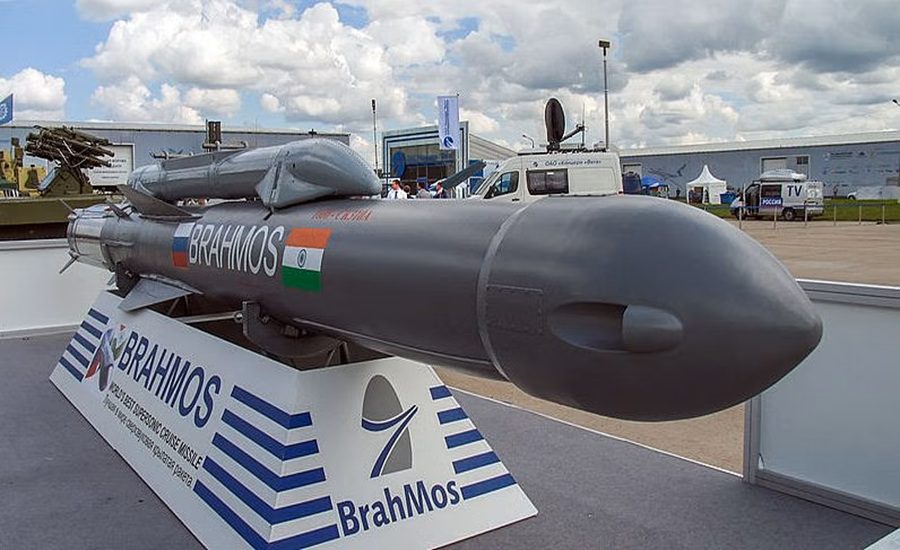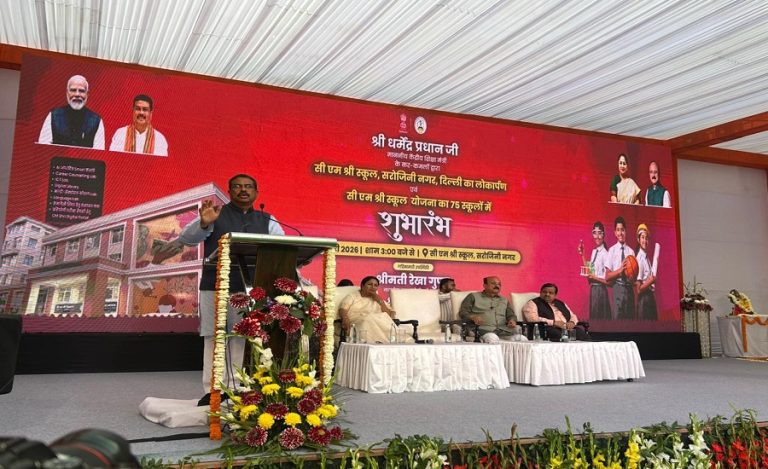New Delhi: In a breakthrough for India’s defence-export ambitions, India and Indonesia are reportedly very close to finalising a deal for the supply of the BrahMos supersonic cruise missile system. This development comes at a time when India seeks to expand its strategic footprint in the Indo-Pacific and showcase its indigenous defence manufacturing prowess.
Background of the India Indonesia BrahMos missile deal
The roots of this deal go back several years. Indonesia has been in talks with India for the purchase of the BrahMos missile system – a joint venture between Defence Research and Development Organisation (DRDO) of India and Russia’s NPO Mashinostroyenia.
As part of bilateral defence cooperation, these discussions were carried forward through visits and strategic partnership frameworks between the two nations.
Key milestones
- In January 2025, Indonesian President Prabowo Subianto visited India; discussions touched on defence manufacturing, technology transfer and defence-industry collaboration.
- More recently, India’s Chief of Defence Staff Anil Chauhan visited Jakarta, reinforcing momentum in military and strategic talks.
- Defence analysts point out that for Indonesia – an archipelagic state with extensive maritime zones – acquiring a capable supersonic missile system is a strategic necessity.
Major Highlights of the India Indonesia BrahMos missile deal
The forthcoming agreement is expected to be around US$ 450 million (roughly ₹ 4,000 crore) for the supply of the BrahMos missile system to Indonesia.
The contract covers the supersonic cruise missile technology that can strike both sea and land targets with high precision. Key aspects –
- Only final approval from the Russian partner is reported pending.
- The deal potentially makes Indonesia among the few foreign customers of BrahMos outside of India.
- For India, this signifies a major step in its “Atmanirbhar Bharat” and defence-export push.
Importance of the India Indonesia BrahMos missile deal
Strategic Significance
- By assisting Indonesia, India strengthens defence ties in Southeast Asia and reinforces its presence in the Indo-Pacific.
- The missile system bolsters Indonesia’s coastal and maritime defence in archipelagic waters.
- It serves as a signal that India can evolve from being a major arms importer to an exporter of high-end systems.
Defence-Industry and Export Impact
- The deal gives a strong boost to India’s indigenous defence-manufacturing ecosystem and signals confidence to global buyers.
- It sets a new benchmark for export deals – adding to previous successes in the Philippines and other potential buyers.
Current Status & Next Steps
Negotiations: Nearly all procedural formalities between India and Indonesia have been concluded.
Remaining hurdle: Final approval from the Russian partner.
Signing: Once that is obtained, the formal contract can be signed and deliveries scheduled.
Follow-up: Implementation, possibly involving technology transfer, maintenance support and logistics.
Implications for the Future
For India: A successful export deal opens avenues for further missile exports (to Vietnam, Malaysia, UAE etc.) and strengthens defence manufacturing credibility.
For Indonesia: Enhanced defence capabilities, stronger maritime deterrence, and deepened defence-industrial collaboration with India.
For the region: A shift toward more diversified defence supply chains and strategic partnerships beyond traditional players.




























